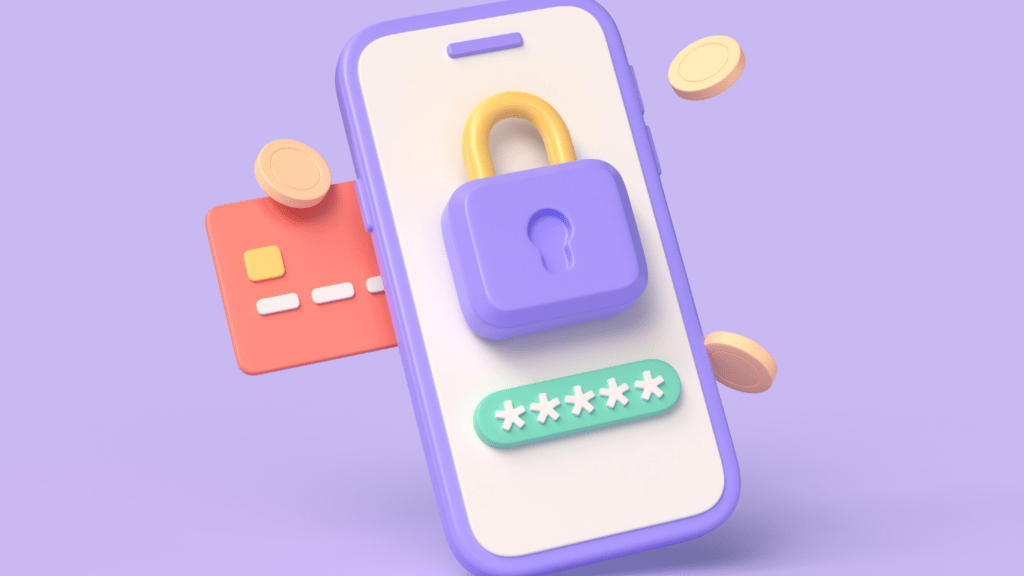Understanding The Importance Of Data Protection In Health Apps
Protecting data on health apps is crucial, given the sensitive nature of the information processed. Users often input their medical history, lifestyle habits, and personal identifiers, which if compromised, can lead to security breaches, identity theft, or misuse.
According to a report by Healthcare Information and Management Systems Society (HIMSS), over 89% of healthcare organizations faced data breaches in the last two years.
Health apps not only manage fitness and chronic conditions but also store and transmit data back to the organizations. Apps share user data with third parties for various purposes, including:
- analytics
- research
- advertising
Insecure data flows expose personal information to unauthorized access. For instance, researchers found that 79% of health apps collect data for marketing purposes.
Regulating bodies, like HIPAA (Health Insurance Portability and Accountability Act) in the US, enforce strict standards to ensure health data protection. Not all health apps comply with such regulations, especially those developed outside traditional healthcare frameworks. Ensuring app compliance with relevant standards is essential for users to avoid risks.
Users should prioritize secure app practices to protect their data. Enabling two-factor authentication, frequently updating apps, and regularly changing passwords significantly enhance security. Educating oneself about the permissions granted to apps, especially data sharing policies, equips users to make informed decisions about their digital health management.
Understanding the implications of data breaches underscores the importance of robust data protection strategies in health apps. As users increasingly rely on digital tools for wellness, ensuring personal data protection remains an indispensable priority.
Common Data Privacy Issues In Health Apps
Data privacy is a critical concern when using health apps, given the potentially sensitive information they handle.
Unauthorized Access
Unauthorized access occurs when someone gains entry without permission. Health apps store vast amounts of personal data, making them prime targets.
For example, inadequate security measures can allow cybercriminals to access your medical history, which can lead to identity theft or fraud. Ensuring the app uses secure authentication methods like strong passwords and biometrics reduces this risk.
Data Breaches
Data breaches happen when sensitive information is exposed. Health apps are particularly vulnerable due to the valuable data they hold.
According to a report by Protenus, over 31 million healthcare records were breached in the first half of 2019. These breaches can result in financial loss and significant privacy violations. Using apps that comply with data protection laws, like HIPAA, helps to mitigate this issue.
Third-Party Sharing
Third-party sharing involves health apps sharing your data with other entities. Many apps monetize user data by selling it to advertisers or researchers.
This practice can compromise your privacy if the data is mishandled or shared without proper anonymization. Always review the app’s privacy policy to understand how your data is being shared and opt-out of any unnecessary data sharing.
Steps To Safeguard Your Personal Data

Users can take several actions to secure their information on health apps and protect against unauthorized access.
Use Strong Passwords
Create unique, complex passwords. Avoid using easily guessable information like birthdates. Mix uppercase letters, lowercase letters, numbers, and symbols to enhance security. Consider using a password manager to store and generate strong passwords. Examples include using phrases or combining unrelated words.
Regularly Update Your Apps
Keep your health apps updated to ensure they have the latest security patches. Developers often release updates to fix vulnerabilities. Enable automatic updates in your app store settings to stay current without manual intervention. If an app hasn’t been updated in a long time, reconsider using it.
Be Cautious Of App Permissions
Limit app permissions to only what’s necessary. Review permission requests during installation and in the app settings. Avoid granting access to sensitive data like location or contacts if it isn’t required for app functionality. For instance, if a fitness tracker app asks for access to photos, evaluate the need before allowing it.
Choosing The Right Health App
Selecting the right health app elevates data security significantly. Start by evaluating key features and user feedback.
Check Privacy Policies
Inspect the privacy policies to understand how the app handles your data. Look for clear explanations about data collection, storage, and sharing practices. Ensure the app complies with regulations like HIPAA. If policies are vague or hard to understand, it may be best to consider other options.
Read User Reviews
User reviews provide real-world insights about data security issues. Search for reviews mentioning privacy, data breaches, or unauthorized access. Prioritize apps with positive feedback regarding data protection. Reviews often reveal hidden weaknesses, making them essential for informed decisions.
Additional Security Measures
To further secure personal data on health apps, implementing additional security measures is essential. These steps enhance the basic protective actions previously discussed.
Use Two-Factor Authentication
- Two-Factor Authentication (2FA) serves as an extra layer of security by requiring a second form of verification besides the password.
- Commonly, users receive a verification code via SMS or an authentication app.
- By enabling 2FA, users can significantly reduce unauthorized access, even if the password is compromised.
- Many popular health apps support 2FA, so ensuring it’s activated enhances overall security.
Encrypt Your Data
- Encryption converts information into a coded format, making it unreadable to unauthorized users.
- Health apps that support encryption protect sensitive data both in transit and at rest.
- Always choose apps that offer robust encryption standards.
- When data is encrypted, accessing it requires a decryption key, which keeps personal health information secure from potential breaches.

